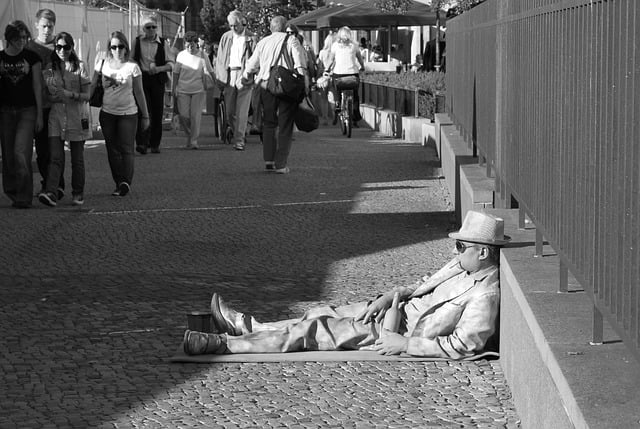In Germany, older adults poverty rates have increased by 25% percent over a decade. Some politicians are blaming the ruling party for not taking sufficient care of the elderly.

Older adults poverty increased by 25% over the last decade
Elderly poverty is making the headlines in Germany. It has been increasing steadily, from 4.5 million citizens aged 55+ ten years ago to 5.6 million today, as revealed by Eurostat; this includes both elders living with meager means and those victims of social marginalisation. Poverty or social marginalisation are defined as receiving less than 60% of the average national income.
The situation is not set to get better ; replacement rates, that is, the gap between the last paycheck and the first pension received, will probably keep increasing. As individuals must now should shoulder most of the cost of retirement, resorting to private savings systems is critical.
The Riester reform was implemented in 2001 with very much the same end in mind : helping Germans fund their own retirement. Riester’s retirement plan is open to every taxpayers, not only wage-earning citizens. Beneficiaries receive a financial aid called a “bonus”, which takes the form of a subsidy. But according to the French Retirement Guidance Council, only 40% of people of working age signed up for the plan, which means poverty rates could actually swell up further down the line.
The opposition party blames the government
To members of the Left opposition party, the blame for increasing poverty among the elderly falls on the ruling party, led by Angela Merkel.
“Poverty is spreading all over Germany,” said Left-wing parliament member Sabine Zimmerman.”Fighting poverty requires an all-encompassing plan that the current government doesn’t appear to be concerned about.”
She is in favour of implementing a €12 federal minimum wage, and measures to reduce unemployment among older adults.
Published by the Editorial Staff on
